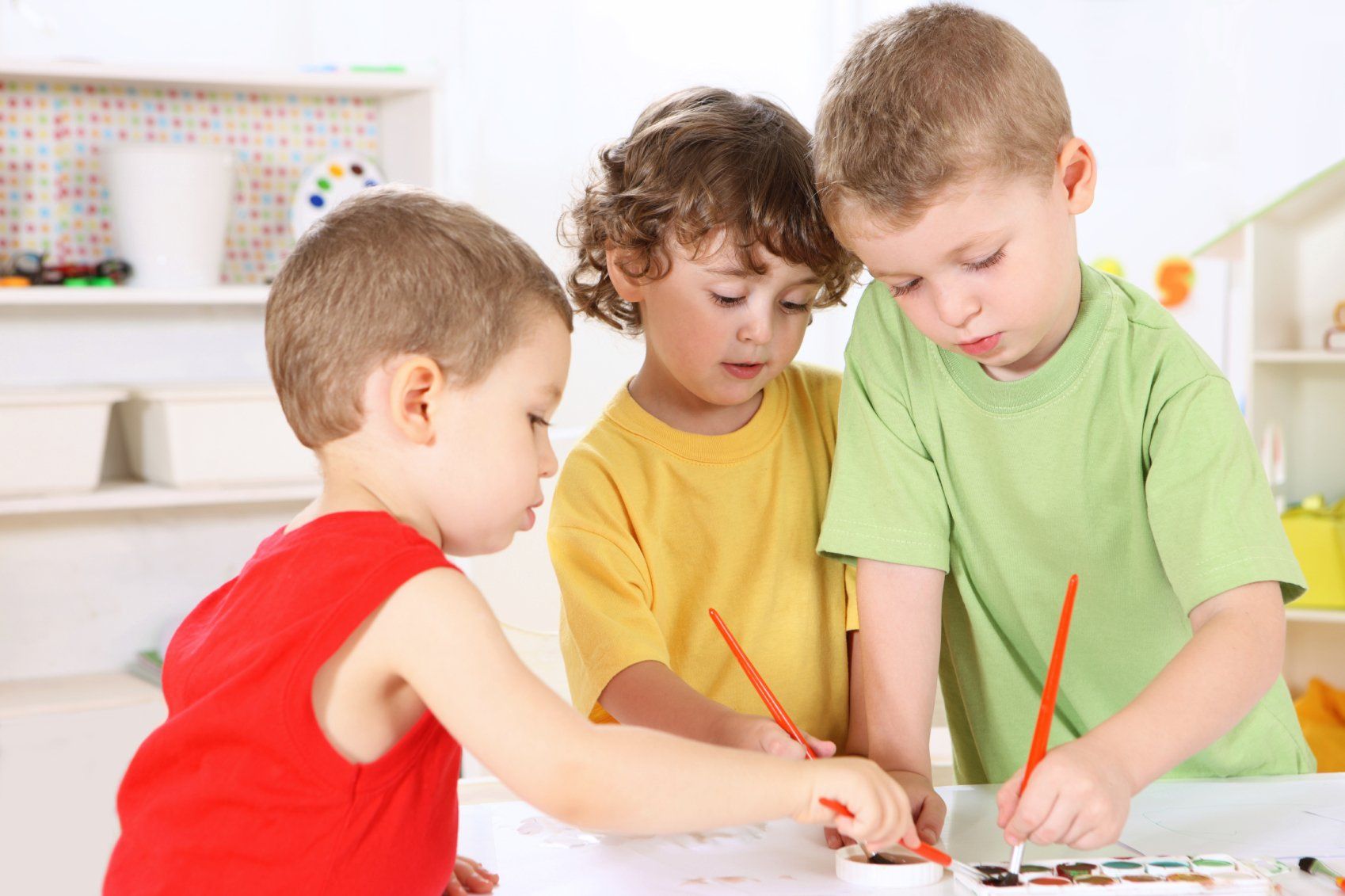Social Communication
"Social communication skills" is a broad term that encompasses a range of different skills. These are:
Social Interaction
- Ability to manage peer interactions and play co-operatively
- Resolve conflicts with peers and adults
Social Cognition
- Joint attention - shifting attention between people and objects i.e by pointing things out or following someone else's gaze
- Theory of Mind - understanding other's perspectives and that people have different feelings and opinions than our own
- Emotional understanding
Pragmatics
- Being able to talk for a range of different reasons
- Use appropriate body language, facial expressions, eye contact and gestures
- Initiate, maintain and take turns in conversations
- Adapt our communication for different listeners (e.g. talking to a friend vs. talking to a policeman).
- Recognise when someone hasn't understood us and try to make ourselves clearer
Speech-Language Therapists can assess a child's social communication skills to identify whether they are having difficulties communicating and interacting in different social situations and develop a plan to help improve their skills.
Source:
American Speech-Language-Hearing Association (n.d.). Social Communication Disorder. (Practice Portal). www.asha.org/Practice-Portal/Clinical-Topics/Social-Communication-Disorder/.

To be an effective communicator, children need to use their communication skills effectively in social contexts.
